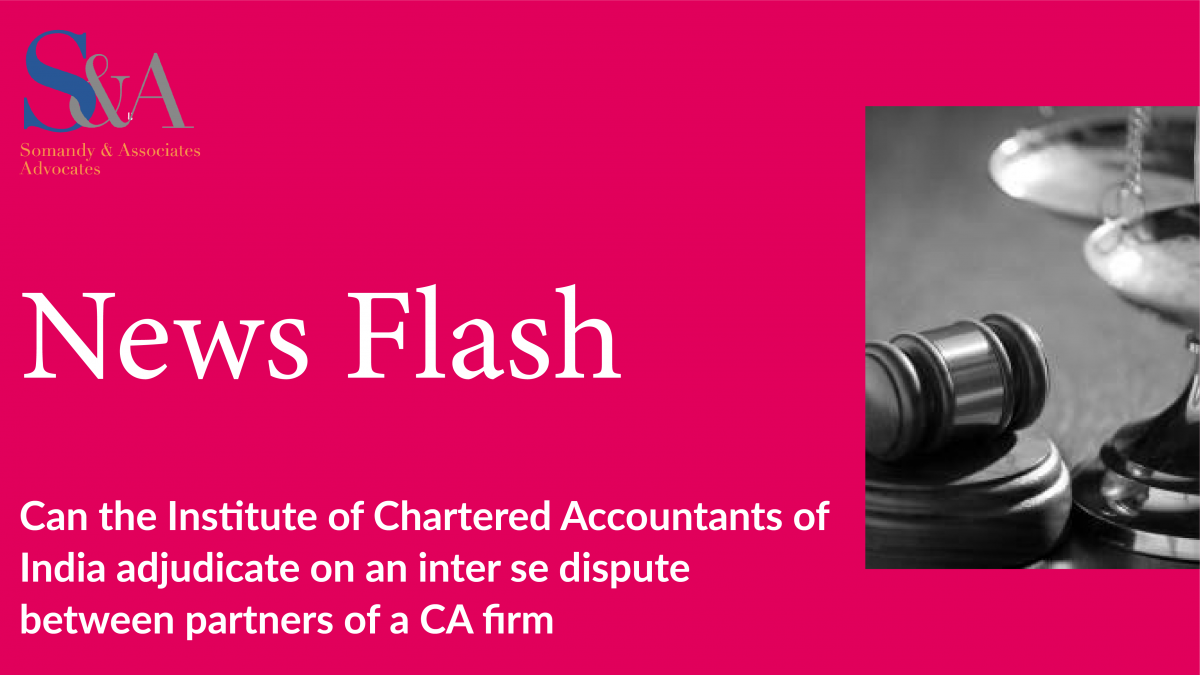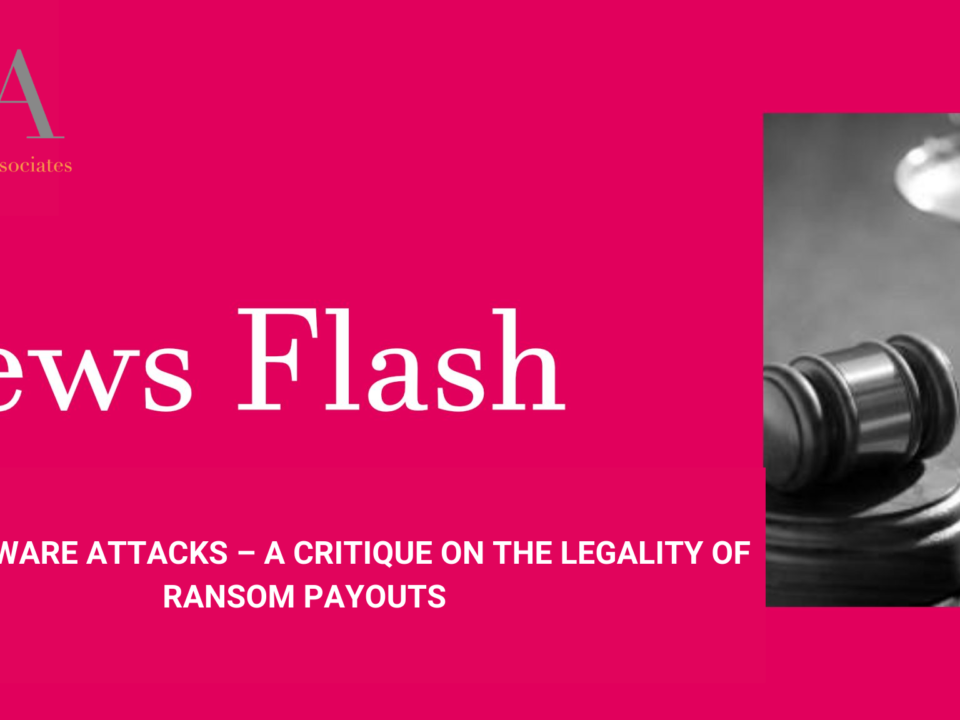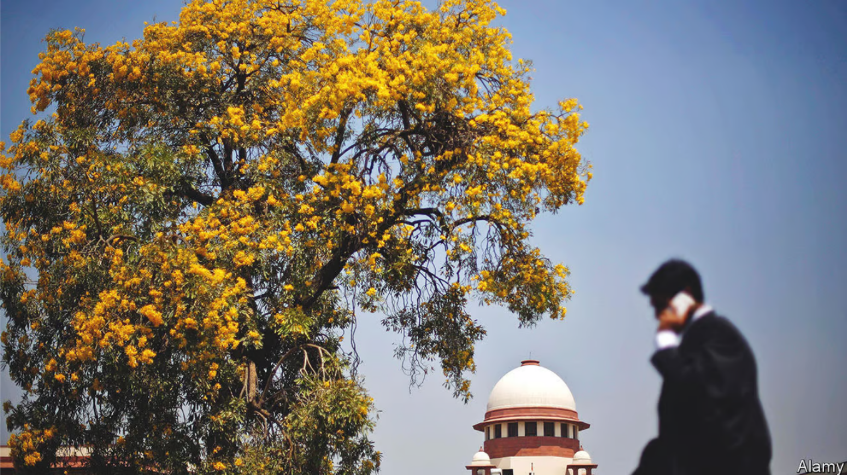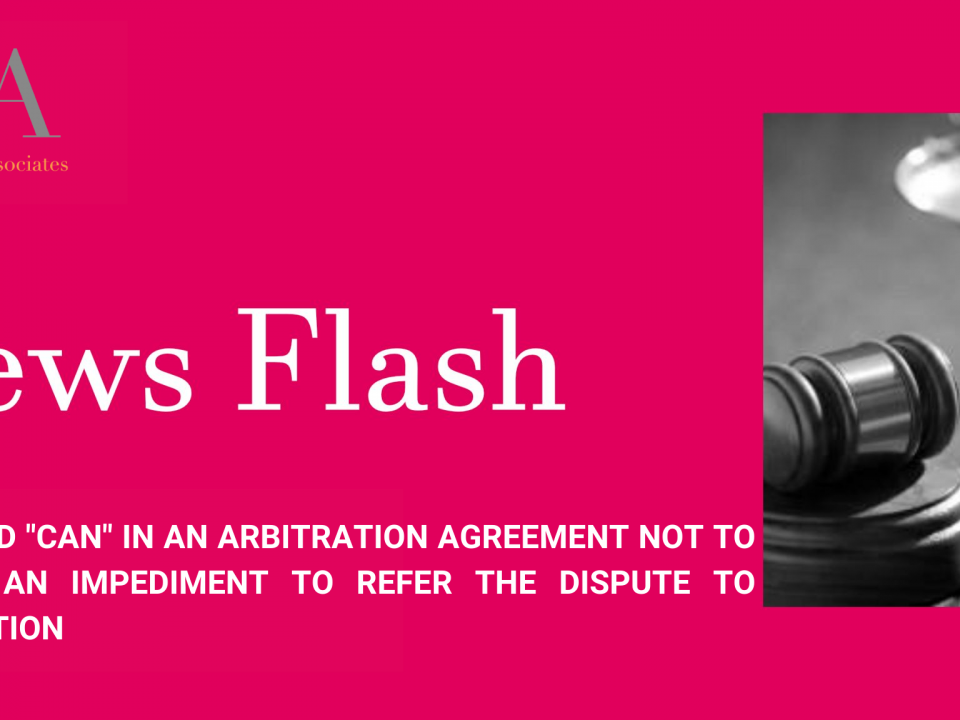Can the Institute of Chartered Accountants of India Adjudicate on an Inter Se Dispute between Partners of a CA Firm?

The Kerala High Court, in the case of Joshi John v. Institute of Chartered Accountants of India, recognised the fundamental right of a Chartered Accountant (“CA”) guaranteed under Article 19(1)(g) of the Constitution of India by concluding that the decision taken by the Institute of Chartered Accountants of India (“ICAI”) of not recording a CA’s retirement would cause unwarranted hindrance to the professional advancement of a CA.
In the instant case, the petitioner, who is a Chartered Accountant registered with ICAI, was aggrieved by the refusal of ICAI to register his sole proprietorship on its website. Though an application to record dissolution of the partnership was submitted, the same was not recorded since the web portal of ICAI insisted on OTP confirmation by other Partners. Consequently, the petitioner sought to command ICAI to record the dissolution of the partnership firm and to delete his name from the records pertaining to the said firm. The petitioner desired to continue as CA at a different address and a different name. Further, ICAI took a stand that in order to dissolve the erstwhile partnership firm, the consent of other two Partners was required. Moreover, it stated that when an activity of dissolution of a Partnership Firm is pending, another activity of registration of a proprietary firm cannot be initiated.
A pertinent question that arose for consideration before the Court was whether the Institute can force a CA to continue in a partnership firm even after its dissolution or retirement of the CA, by retaining such unwilling partner of the firm in the register of partnerships maintained by the Institute?
To examine this issue, the Scheme of the Chartered Accountants Act, 1949 which provides for Registration of Members was brought to light. Regulation 190 was intended only to regulate the trade name or firm name of CA’s and regulation 190(1) mandates approval of firm name while regulation 190(7) mandates communication to the Council of changes in the particulars of a firm. The Court took cognizance of the fact that the said scheme was not intended to register the partnership of CA’s or regulate inter se relations or disputes between partners. On perusal of the same, registration and regulation of a partnership firm of CA’s, like any other partnership, was held to be governed by the Indian Partnership Act, 1932. The legal position under the Indian Partnership Act being so, the Court stated that the Institute cannot take a stand that they will not recognise such retirement for the purpose of Regulation 190.
Whilst determining the legal position of the petitioner in the partnership firm, reference was drawn to Section 32(1)(c) of the Indian Partnership Act, 1932 which provides that a partner may retire, where the partnership is at will, by giving notice in writing to all other partners of his intention to retire. In the instant case, the Court observed that a valid notice disclosing his intention to retire was already submitted, therefore the petitioner was no longer a partner in the said firm.
The Court further observed that non-recording of such retirement in the registers will have serious adverse consequences on a CA, since due to the partnership dispute, the petitioner was forced to violate Section 27 of the Chartered Accountants Act Act, which provides that in instances wherein a CA has more than one office in India, each one of such offices shall be in the separate charge of a member.
In light of the above factual scenario, the Institute was directed to recognise the retirement of the petitioner from the erstwhile partnership firm and therefore remove the name of the petitioner from the list of partners maintained by the Institute.



